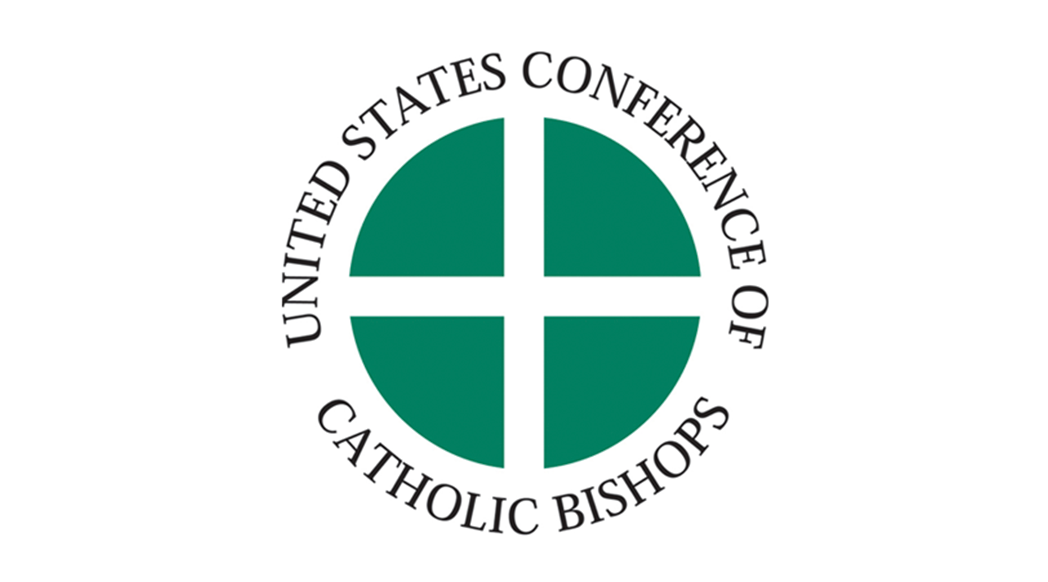Current Fasting Practices for Catholics in the United States

The Rules for Fasting
Ash Wednesday and Good Friday are obligatory days of fasting and abstinence for Catholics. In addition, Fridays during Lent are obligatory days of abstinence.
For members of the Latin Catholic Church, the norms of fasting are obligatory from age 18 until age 59. When fasting, a person is permitted to eat one full meal, as well as two smaller meals that together are not equal to a full meal. The norms concerning abstinence from meat are binding upon members of the Latin Catholic Church from age 14 onwards.
Fasting on Ash Wednesday and Good Friday means we can have only one full, meatless meal. Some food can be taken at the other regular meal times if necessary but combined they should be less than a full meal. Liquids are allowed at any time, but no solid food should be consumed between meals.
Members of the Eastern Catholic Churches are to observe the particular law of their own sui iuris Church.
If possible, the fast on Good Friday is continued until the Easter Vigil (on Holy Saturday night) as the "paschal fast" to honor the suffering and death of the Lord Jesus and to prepare ourselves to share more fully and to celebrate more readily his Resurrection.
What is Considered Meat?
Abstinence laws consider that meat comes only from animals such as chickens, cows, sheep, or pigs --- all of which live on land. Birds are also considered meat. Abstinence does not include meat juices and liquid foods made from meat. Thus, such foods as chicken broth, consomme, soups cooked or flavored with meat, meat gravies or sauces, as well as seasonings or condiments made from animal fat are technically not forbidden. However, moral theologians have traditionally taught that we should abstain from all animal-derived products (except foods such as gelatin, butter, cheese, and eggs, which do not have any meat taste). Fish are a different category of animal. Salt and freshwater species of fish, amphibians, reptiles, (cold-blooded animals), and shellfish are permitted.
Exceptions from the Fast
Those that are excused from fasting and abstinence outside the age limits include the physically or mentally ill including individuals suffering from chronic illnesses such as diabetes. Also excluded are pregnant or nursing women. In all cases, common sense should prevail, and ill persons should not further jeopardize their health by fasting.
Quiz
Which days are obligatory for fasting and abstinence for Catholics?
a) Ash Wednesday
❌ Try again
b) Good Friday
❌ Try again
c) Fridays during Lent
❌ Try again
d) All of the above
✅ CORRECT!
Question explanation
According to the text, Ash Wednesday, Good Friday, and Fridays during Lent are all obligatory days of fasting and abstinence for Catholics.
Until what age are the norms of fasting obligatory for members of the Latin Catholic Church?
a) 14
❌ Try again
b) 18
❌ Try again
c) 59
✅ CORRECT!
d) 65
❌ Try again
Question explanation
The text states that the norms of fasting are obligatory for members of the Latin Catholic Church from age 18 until age 59.
What is considered meat for the purposes of abstinence?
a) Any animal-derived product except for gelatin, butter, cheese, and eggs
❌ Try again
b) Only land animals such as cows, sheep, or pigs
❌ Try again
c) Birds and land animals such as cows, sheep, or pigs
✅ CORRECT!
d) Salt and freshwater species of fish, amphibians, reptiles, and shellfish
❌ Try again
Question explanation
According to the text, abstinence laws consider that meat comes only from animals such as chickens, cows, sheep, or pigs - all of which live on land. Birds are also considered meat.
Who is excused from fasting and abstinence outside of the age limits?
a) Pregnant or nursing women
❌ Try again
b) Physically or mentally ill individuals
❌ Try again
c) Both a and b
✅ CORRECT!
d) None of the above
❌ Try again
Question explanation
The text states that those excused from fasting and abstinence outside of the age limits include the physically or mentally ill, including individuals suffering from chronic illnesses such as diabetes, as well as pregnant or nursing women.

You have completed this course! If you have any questions or comments, please contact us
Sources






